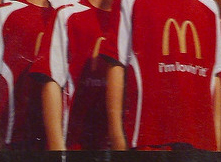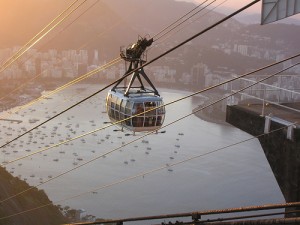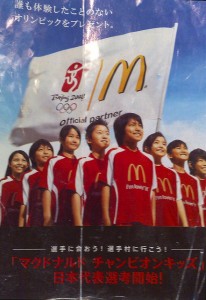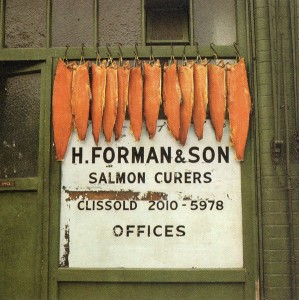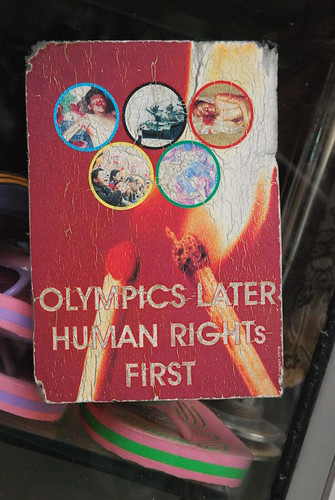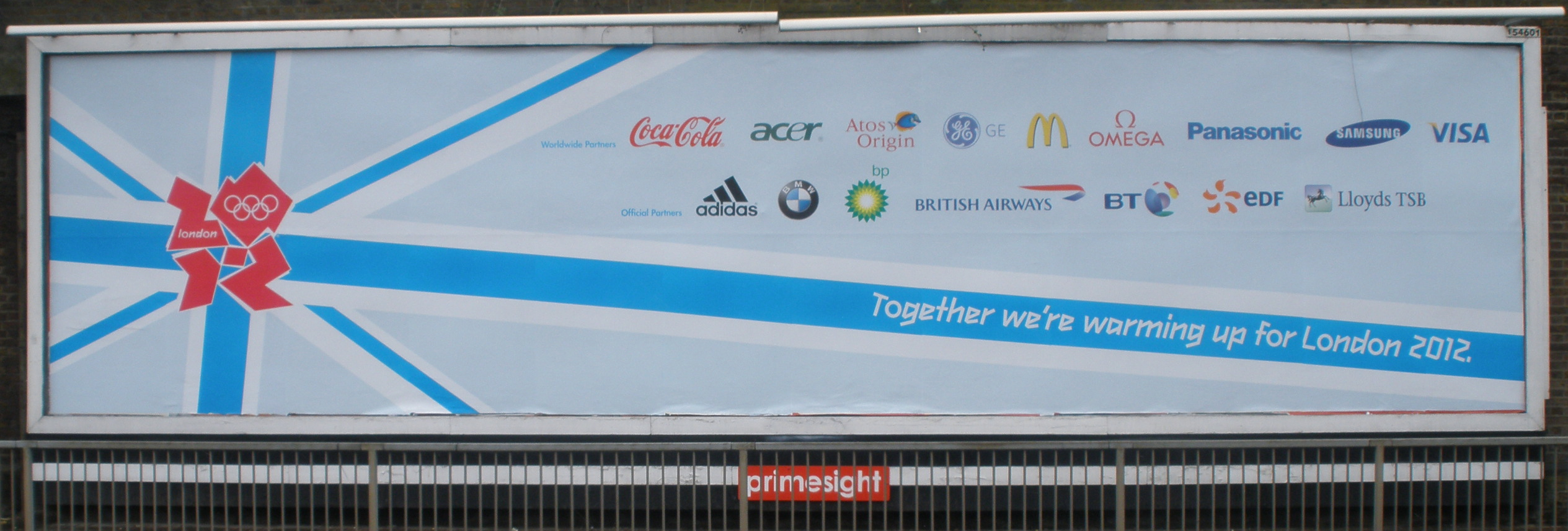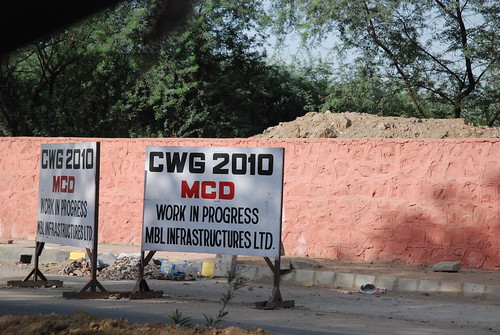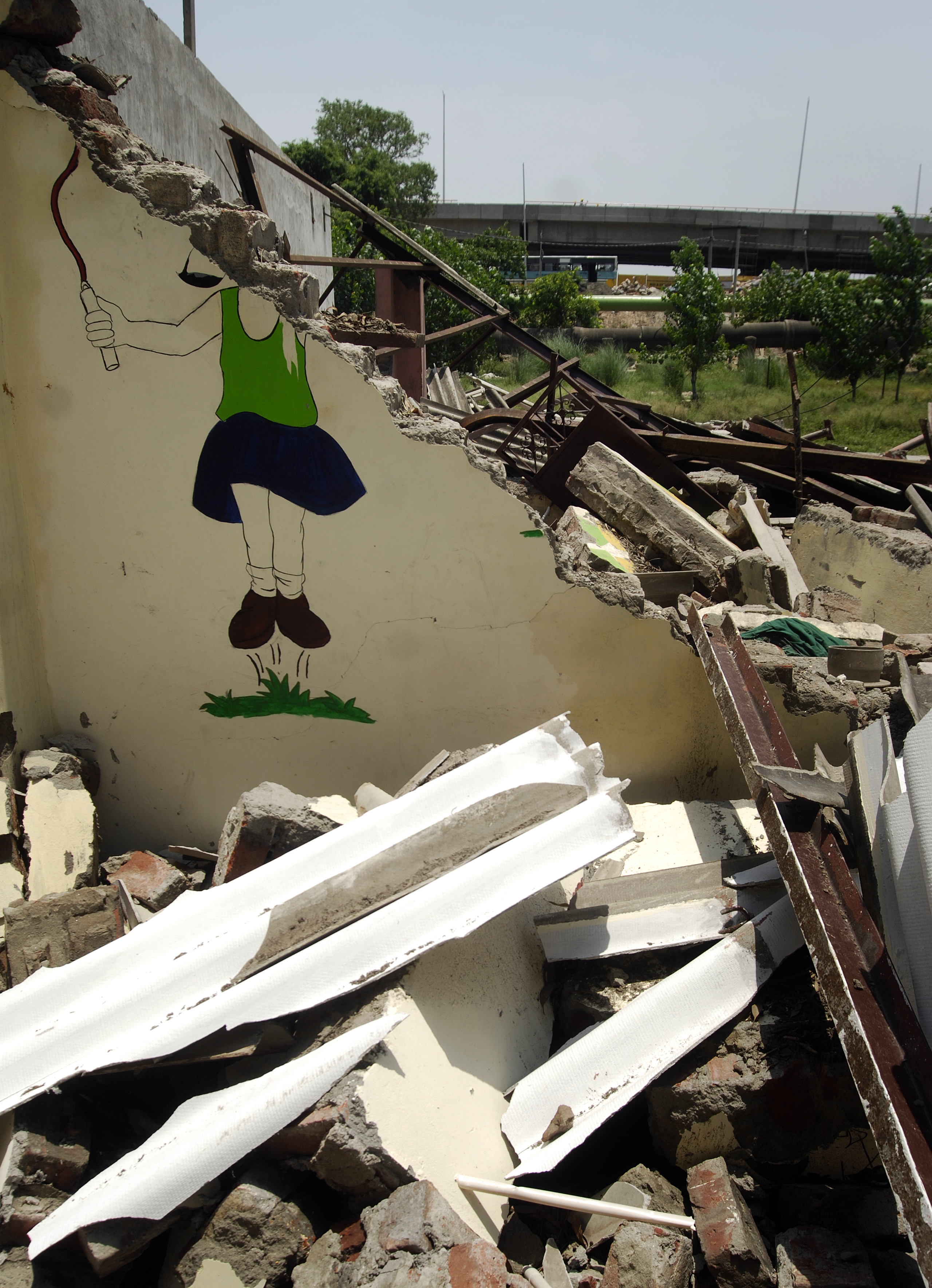
:courtesy: Ravi Chaudhary/Governance Now.
This year, the commonwealth games are held in Delhi. Minister of Delhi 2010 Sheila Dikshit’s concept of a “World Class” image has convinced local officials to demolish any slums local to the commonwealth venues.
On the 7th of July 2010, during work hours, a government funded demolition team took bulldozers to the Yamuna Khada school (funded by donations) in order for it to be ruthlessly demolished. Those who attended and worked at the school were given three hours to vacate the property with no alternative. Police were present along with the construction teams and were seen destroying whatever could be demolished by hand in order to put fear into local residents. Many were removed with physical force.
After the destruction of the school, children as young as five years old were seen with teachers attempting to salvage items from the rubble of the school in order to save whatever they could for their community. The children will have to relocate to the nearest alternative school three miles away in order to have an education. The school as part of the community was by no means a luxury but a necessity. With no immediate community to move to it is unknown when they are next able to continue their education and their lives.
Children from slums (including the Yamuna slums) have come together to produce a book of poems entitled “We Built This City” in order to save at least the memory of the community that they and their families have spent the last 25 years building. This emotional and reflective collection is the only weapon these children have against the bulldozers and police sent in by the government. With India hoping to host the 2016 Olympics it’s a wonder how far this abuse of the poor is going to go.
To find out more about what is happening concerning the destruction of the slum communities and to help support those who have suffered from the effects of the redevelopment of the Yamuna river, please visit Sarai and Governance now. If you would like to see how we have looked at this issue, please see our London / Delhi Project.
With similar effects seen in Beijing (Olympics 2008) and the UK (arguably with less government approved violence), it is questionable whether the development of these cities to create a “world class image” is necessary or progressive. The compaction of poor communities increases the class divide as well as reducing the opportunity for the poor to improve their standard of living.
Interestingly the official explanation for why the school needed to be demolished was “security”, the same reason given for demolishing the 100 year old Manor Gardens Allotments in London. These mega-events last only a few weeks- demolition is forever. There is only one difference between the events in London and Delhi. Eviction with a smile.
Remember- Its not losing that matters, its the taking part.
Click London Olympics for more blogs
See our Olympics project pages for more information and videos.
Or visit PlanA our general blog on urbanism, planning and architecture.
Spectacle homepage
Befriend Spectacle.Docs on Facebook
Follow SpectacleMedia on Twitter



